State of use of AI tax systems
In Germany, recurrent tax assessment procedures have been fully automated with machine-learning algorithms since 2016 with the introduction of the Taxation Modernisation Act (‘Gesetz zur Modernisierung des Besteuerungsverfarhens’), which introduced several amendments to the German fiscal Code (‘Abgabenordnung’).
Since the adoption of the Taxation Modernisation Act, the German fiscal code foresees that tax authorities may fully automate the administrative acts in relation to tax assessments procedures, including the issuance, correction or withdrawal of tax benefits.
In addition, the German Tax Administration uses AI systems to perform a number of fiscal prerogatives.
What functions are performed with AI?
According to publicly-available sources AI systems are used by the tax administration to perform four different functions:
- External risk-management (risk-scoring): The machine-learning model segments taxpayers into risks categories, to devise treatment strategies and audit plans.
- Webscraping: reports indicate that the German Tax Administration has been using ‘X-PIDER’ a scraping and crawling system, to automatically collect taxpayer online data from websites, online commercial platforms and social media. Xpider is an Internet crawler connected to a knowledge management component. It can be set up anywhere on the Internet and from there it follows all the links it finds there and on the following pages. Xpider is able to automatically identify Internet pages that indicate business activity. Reportedly, the use of XPIDER is reserved to the Federal Central Tax Office which supports the different regional agencies.
- Automated verification of tax returns (ADM): The tool automatically (without human intervention) processes tax returns to conduct, correct, withdraw, revoke, cancel or amend tax returns and credits of withheld taxes and prepayments. The system foresees the possibility to complete a free-text field to provide additional information to be checked by a human tax official.
- Taxpayer assistance: Virtual conversational assistant (VCA) ‘Steuerchatbot’ automatically answer taxpayer queries in a range of relevant tax domains for taxpayers in the region of Baden-Württemberg. The questions posed and answers provided by the VCA are processed by IBM Deutschland for further updates. Since 2024, ‘Steuerchatbot’ was extended to all taxpayers residing in Germany. Moreover, Steuerchatbot is now capable to answer tax queries and assist in the (pre-)filing of tax returns in both English and French, in addition to German.
- Nudging: according to incidental reports from IOTA, the German tax administration has also been experimenting with nudging tools, similarly to the tax administrations of Austria, Belgium, Denmark and Poland. These systems adapt the language used on standard communication to taxpayers based on taxpayer historical data and underlying risk profiling. Concretely, it means that taxpayers may receive different types of communication based on underlying profiling and risk scores. For instance, notoriously non-compliant taxpayers might receive letters with a personalized ‘stronger’ language. Nudging tools may also be used to target specific segments of the population, to add specific text, such as the possibility to receive assistance from the administration for vulnerable populations.
What data can be processed by these systems?
Section 29c AO provides that personal data collected by the German tax administration is only processed with regard to a specific taxation procedure. Personal data collected for another procedure or another reason must be explicitly permitted under Sec. 29c(1)(4) AO.
However, one of the permitted grounds for processing under said sub-section is the development and reviewing of risk models and automated tax procedures. Hence, it can be inferred that legally the tax administration may use any data that the Federal Tax Office has at its disposal.
Are these systems regulated by specific norms?
The risk-scoring and the ADM algorithms are regulated by Sec. 88(5) of the Abgabenordnung
The use of webscraping is regulated by §5(1) n°17 of the Law on Financial Administration (Gesetz über die Finanzverwaltung – FVG)
The VCA and the nudging tools are not regulated by specific norms.


